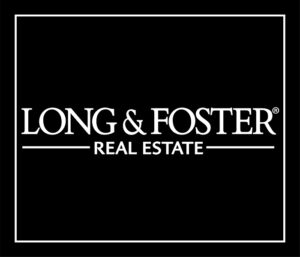By: G. M. Filisko
Published: March 11, 2010
By knowing how much mortgage you can handle, you can ensure that home ownership will fit in your budget.
1. The general rule of mortgage affordability
As a rule of thumb, you can typically afford a home priced two to three times your gross income. If you earn $100,000, you can typically afford a home between $200,000 and $300,000.
To understand how that rule applies to your particular financial situation, prepare a family budget and list all the costs of homeownership, like property taxes, insurance, maintenance, utilities, and community association fees, if applicable, as well as costs specific to your family, such as day care costs.
2. Factor in your downpayment
How much money do you have for a downpayment? The higher your downpayment, the lower your monthly payments will be. If you put down at least 20% of the home’s cost, you may not have to get private mortgage insurance, which costs hundreds each month. That leaves more money for your mortgage payment.
The lower your downpayment, the higher the loan amount you’ll need to qualify for and the higher your monthly mortgage payment.
3. Consider your overall debt
Lenders generally follow the 28/41 rule. Your monthly mortgage payments covering your home loan principal, interest, taxes, and insurance shouldn’t total more than 28% of your gross annual income. Your overall monthly payments for your mortgage plus all your other bills, like car loans, utilities, and credit cards, shouldn’t exceed 41% of your gross annual income.
Here’s how that works. If your gross annual income is $100,000, multiply by 28% and then divide by 12 months to arrive at a monthly mortgage payment of $2,333 or less. Next, check the total of all your monthly bills including your potential mortgage and make sure they don’t top 41%, or $3,416 in our example.
4. Use your rent as a mortgage guide
The tax benefits of homeownership generally allow you to afford a mortgage payment—including taxes and insurance—of about one-third more than your current rent payment without changing your lifestyle. So you can multiply your current rent by 1.33 to arrive at a rough estimate of a mortgage payment.
Here’s an example. If you currently pay $1,500 per month in rent, you should be able to comfortably afford a $2,000 monthly mortgage payment after factoring in the tax benefits of homeownership.
However, if you’re struggling to keep up with your rent, consider what amount would be comfortable and use that for the calcuation instead.
Also consider whether or not you’ll itemize your deductions. If you take the standard deduction, you can’t also deduct mortgage interest payments. Talking to a tax adviser, or using a tax software program to do a “what if” tax return, can help you see your tax situation more clearly.
G.M. Filisko is an attorney and award-winning writer who’s owned her own home for more than 20 years. A frequent contributor to many national publications including Bankrate.com, REALTOR® Magazine, and the American Bar Association Journal, she specializes in real estate, business, personal finance, and legal topics.
“Visit HouseLogic.com for more articles like this. Reprinted from HouseLogic.com with permission of the NATIONAL ASSOCIATION OF REALTORS®.”




